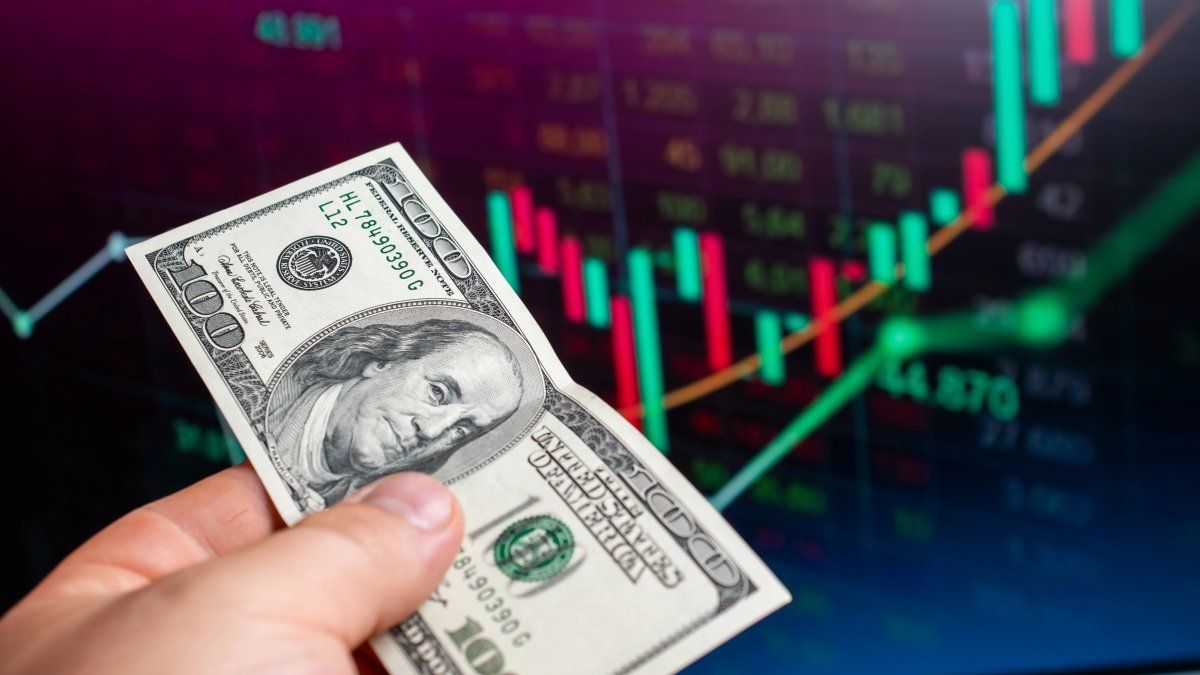Opinion
If you don’t have shares, you usually have no idea
Copy the current link
Germans are still afraid of investing. Few people want to invest with risk. This shows that German investors not only lack courage, but also knowledge.
The Germans have never really felt comfortable with the stock. In 2023, just 17.6 percent of the population had invested in stocks and funds. The peak of 20 percent dates back to 2001. In the USA, for example, it is consistently more than half.
This skepticism shows how risk-averse and therefore low-return Germans are when investing their money. More and more people, especially young people, are investing in the financial markets. However, a current representative dampens the hope that we will finally really do something for our retirement provision and against the pension gap.
52 percent of those surveyed cannot imagine taking a higher risk when investing in the future – and investing with high returns. Last year only 25 percent were that anxious.
And it shows: German investors not only lack courage, but also knowledge.
It doesn’t matter when you invest
The average investor might think like this: “The German economy is in a downturn. If I invest in stocks now, I will lose my money.” A fallacy based on ignorance. Investing in funds and ETFs is quite low-risk.
In order to make provisions for old age or simply to increase your own assets, it is best to invest regularly and for the long term. This means: You take out a savings plan in which you invest a fixed amount “in stocks” every month. However, you don’t buy stocks directly, but rather shares in an investment fund that collects the money of many investors and invests them in a “diversified” way.
“Diversified” means: The fund manager invests the money in many different companies from different industries. Even if a company or an industry is doing poorly for months or several years, the money invested is not completely lost.
Apparently only half of the German population knows these basics.
Investing in gold
What is also striking in the results of the survey: The desire for seemingly safer investments in particular has increased significantly compared to the previous year. 41 percent (2024: 14 percent) of respondents want to invest in gold, 47 percent (2024: 19 percent) in real estate and 26 percent (2024: 10 percent) of those surveyed want to invest in fixed-interest securities.
The Germans show how insecure they are – and how short-term their thinking is. This is demonstrated by the price development of the MSCI World, a global stock index that reflects the price development of around 1,500 stocks from 23 industrialized countries. This shows that in the past, even when an investment was at an all-time high, investors were back in the black after a year in over 60 percent of cases. After three years it is even over 80 percent.
This means that if the financial markets crash shortly after you have invested, it is advisable to wait. You’ll probably be back in the black soon. German investors rarely face this test of will: they don’t have any shares.
Source: Stern





